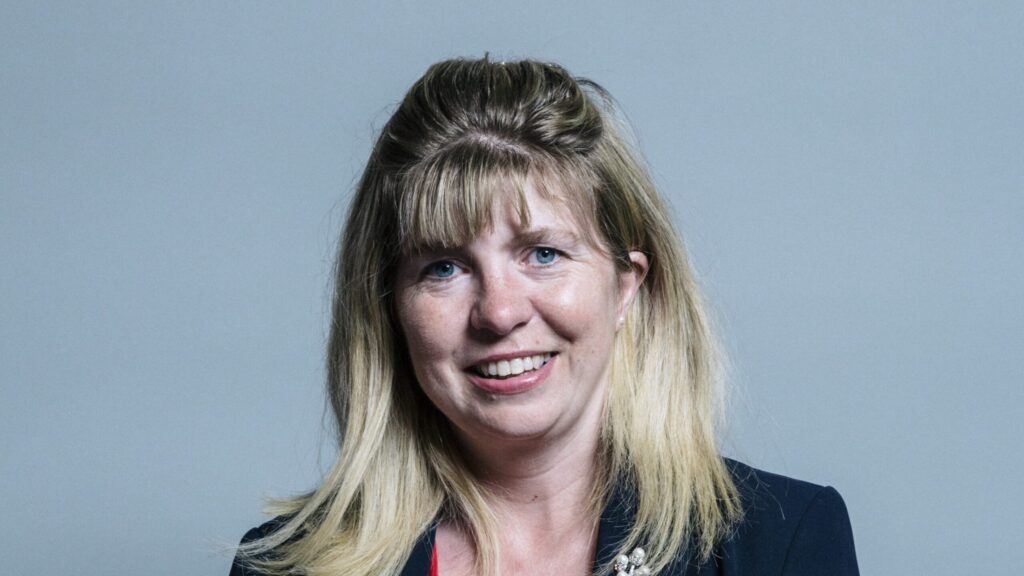Government announces death certificate reforms

Medical examiners are to scrutinise causes of death in a revamp of death certificates announced by the government.
From 9 September all deaths not investigated by a coroner will be examined by medical examiners in order to provide greater protection and support for bereaved families.
Health minister, Maria Caulfield said: “Reforming death certification is a highly complex and sensitive process, so it was important for us to make sure we got these changes right.
“At such a difficult time, it’s vital that bereaved families have full faith in how the death of their loved one is certified and have their voices heard if they are concerned in any way.
“The measures I’m introducing today will ensure all deaths are reviewed and the bereaved are fully informed, making the system safer by improving protections against rare abuses.”
Medical examiners will also consult with families or representatives of the deceased, providing an opportunity for them to raise questions or concerns with a senior doctor not involved in the care of the person who died.
The changes are designed to demonstrate the government’s commitment to providing greater transparency after a death and to ensure the right deaths are referred to coroners for further investigation.
Dr Suzy Lishman, senior advisor on medical examiners for Royal College of Pathologists, said:
“As the lead college for medical examiners, the Royal College of Pathologists welcomes the announcement of the statutory implementation date for these important death certification reforms.
“Medical examiners are already scrutinising the majority of deaths in England and Wales, identifying concerns, improving care for patients and supporting bereaved people. The move to a statutory system in September will further strengthen those safeguards, ensuring that all deaths are reviewed and that the voices of all bereaved people are heard.”
Emma Williams, helpline and programmes manager, Care Rights UK, said: “We welcome these changes to the death certificate process, which we hope will ensure poor care practices are better highlighted, and give families and representatives a voice in the process.
“These changes will hopefully result in more meaningful data being available to better understand deaths in care settings and be used to improve people’s care experiences, particularly their end-of-life care.”



